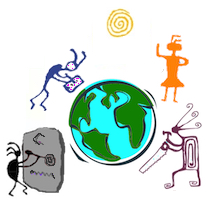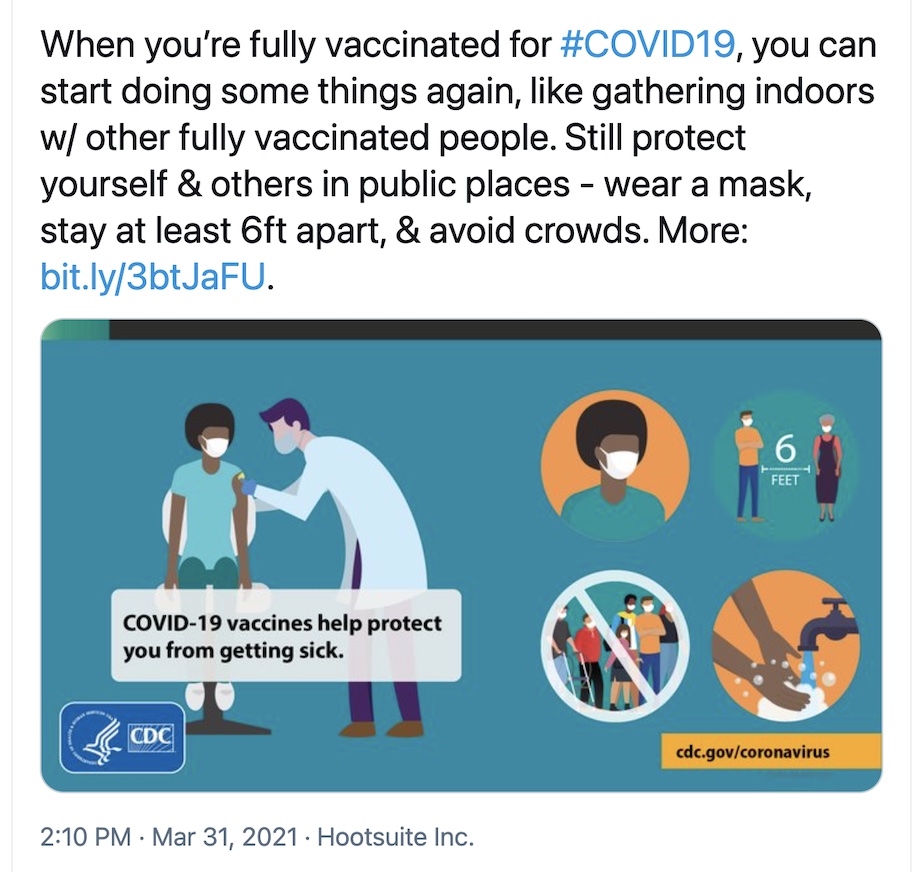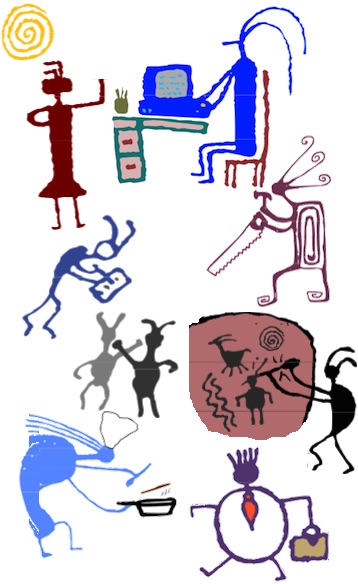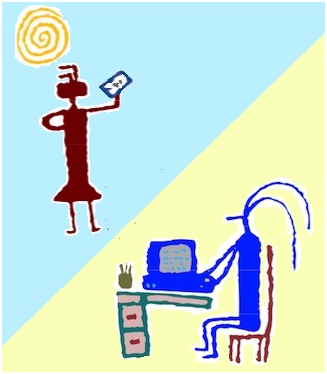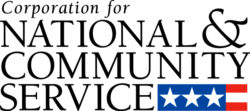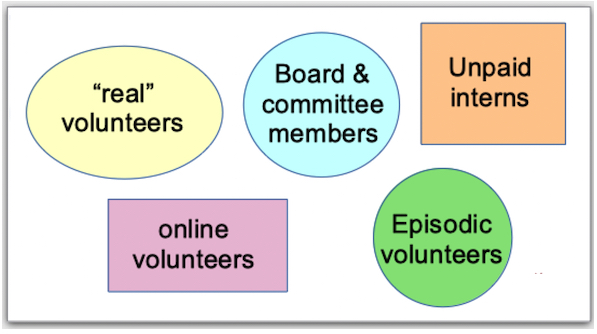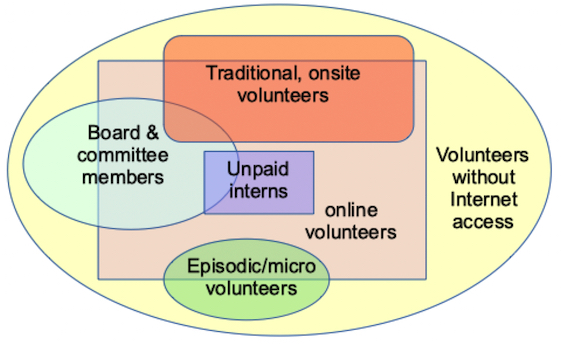If you write anything online, whether it’s blog or a comment on Facebook or even a caption on an online photo, you could become a target for online harassment – insulting posts on social media that call you out by name, insulting comments in reply to your posts on social media and blogs and online communities, down votes on communities that allow such, text messages that criticize you, your work, your family, etc.
The only way to avoid it? Never do anything online at all, ever. And that’s unrealistic.
Women, in particular, are targets of abuse online, and this misogyny in digital spaces, because it is very personal in nature, can lead to women feeling degraded, terrified, even somehow to blame for daring to take up space online. This targeted hate against women impacts the inclusiveness of the online public sphere through the chilling effect it creates for women’s public participation. — from “Articulating a Feminist Response to Online Hate Speech: First Steps“, from Bot Populi, October 9, 2020.
If your organization has a marketing director that publishes anything online at all, or a social media manager, or an online discussion / forum manager, etc., senior management needs to be aware that the people in these roles are very likely getting anger thrown their way, at best, and perhaps even demeaning or harassing comments.
What should you do?
- Regularly ask anyone who interacts with the public online (as well as offline) how they are, in a way that lets them know that YOU know that hostility might be thrown their way. “How are you?” isn’t enough. Ask bluntly, “Is everything okay online? I’d like to know if you are getting any insulting or harassing remarks. I know that often happens and I want you to know I’m here to support you.”
- Direct staff members to screen capture any message directed at them personally that they feel is disparaging, insulting, harassing or threatening. Don’t wait until you hear about hostility online – send an official memo reminding staff of this.
- If the person or people targeting your staff are violating a social media or community platform’s terms of service, direct your staff person to report them to that company. You or others on your staff should report as well.
- Tell your staff person they have to right to block or ban anyone who is harassing them online from your organization’s online communities and other online spaces. You may want the staff person to discuss this ban or block with a senior staff person and to document the action in some way (when, who and why).
- Your comments and questions to the person that is experiencing the “haters” online that can be helpful:
- Tell me what’s happening.
- Wow, this is really awful. What an annoying/horrible/disturbing thing to be happening.
- Are you scared? What can we do to help you feel safe?
- I hope you know we are here for you, we care about you and I want you to tell me any fears you have or challenges you are having.
- Should we ask our staff and even our volunteers to go to such-and-such platform and upvote your posts, to counter the down-voting that has been happening? Do you need staff and volunteers to comment positively on your posts for a while, to counter the negativity and show that you aren’t alone?
- Do you need to take a break from online activities for a while?
- Do you have ideas on what you think we should do?
- Comments and questions that are NOT helpful:
- If you are going to be online, this is how it is. There’s no way to prevent it.
- You need to come up with a way to prevent this in the future.
- I’m going to take over our social media channel and online community (do this only after asking the person if this is what they think would be a good idea, because your taking over/stepping in can be seen by others as a sign that the person is lacking the abilities or temperament for the role).
- Silence
I have been the target of online harassment and trolling. In 2020 and this year, it’s escalated to a point such that I have had to seek legal counsel. I’ve been online since the early 1990s and have never experienced hate and abuse online at these levels until last year. If someone like me, who posts about benign subjects like volunteer engagement and nonprofit public relations and tech use in nonprofits, can become the target of online trolls, any nonprofit social media manager can as well. They need your support to help counter that hate.
Also see:
- Cultivating Online Civility
- Support Your Local Online Discussion Manager!
- Resources regarding online harassment, defamation, libel & cyberstalking.
- Haters gonna hate.
- How to deal with online criticism / conflict.
- Contributing to online communities can help you professionally
If you have benefited from this blog or other parts of my web site or my YouTube videos and would like to support the time that went into researching information, developing material, preparing articles, updating pages, etc. (I receive no funding for this work), here is how you can help.



